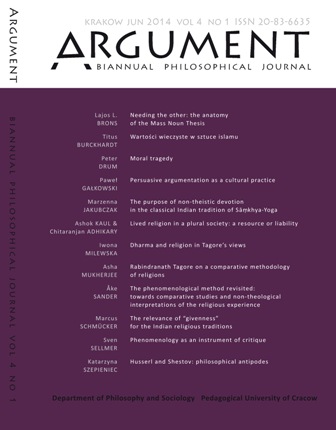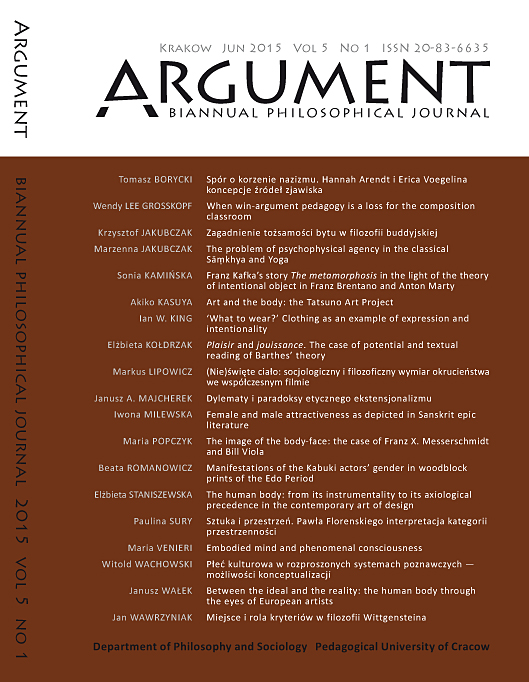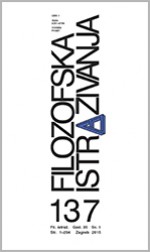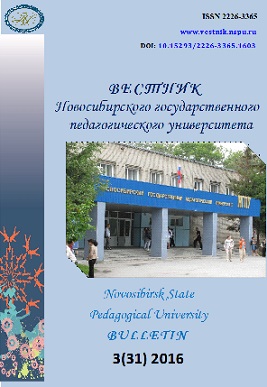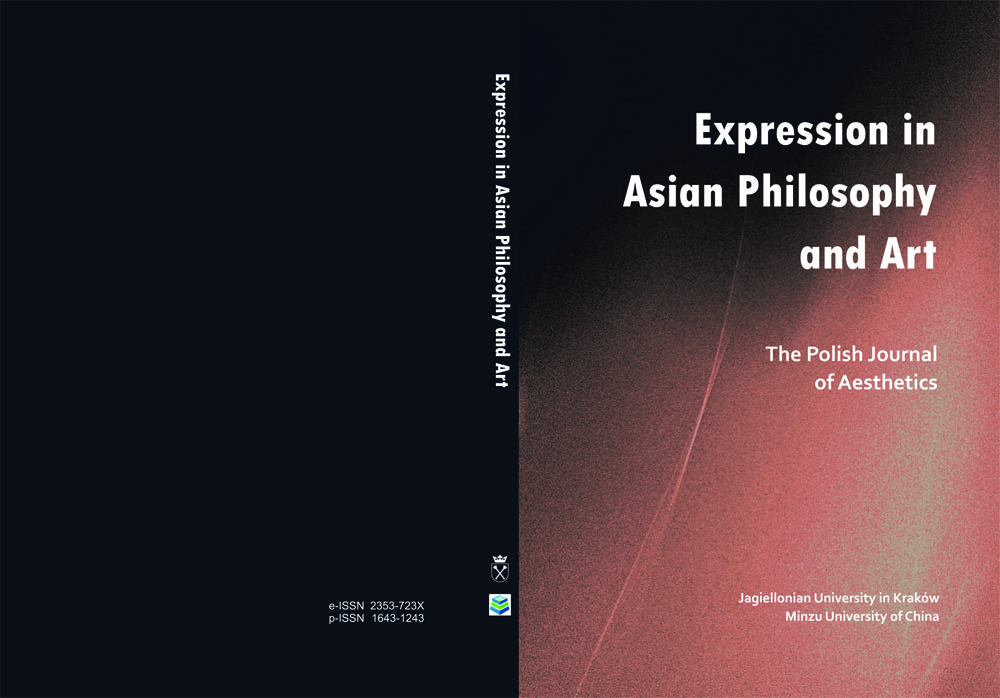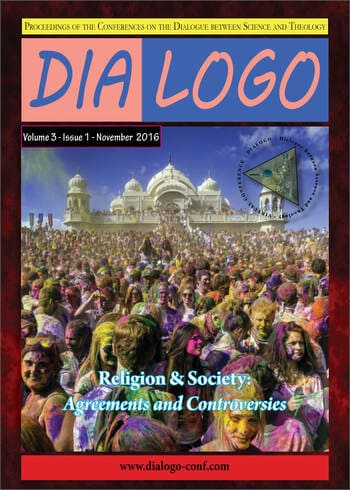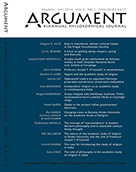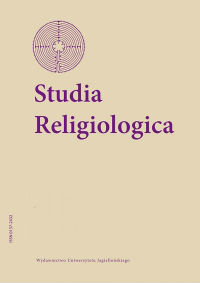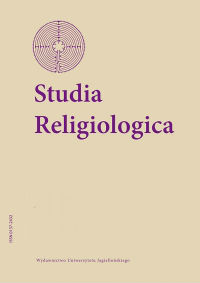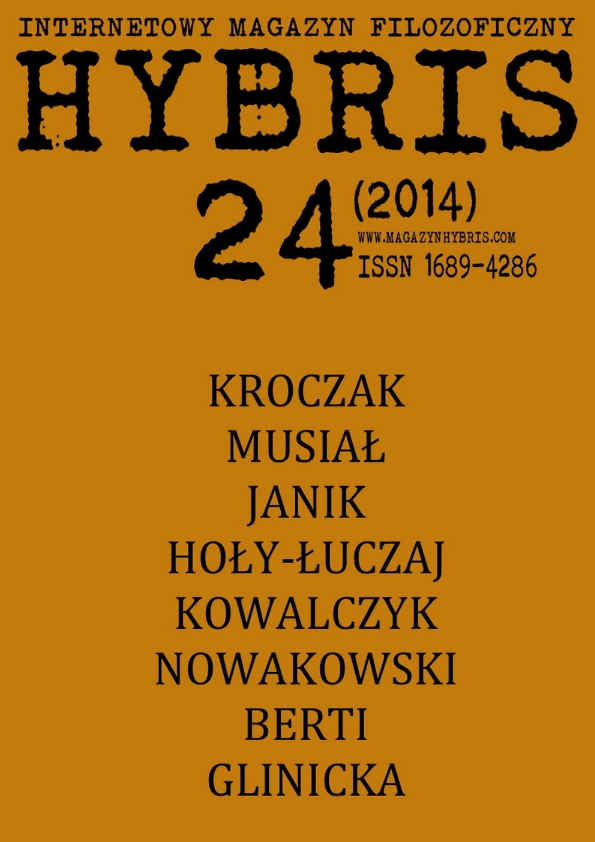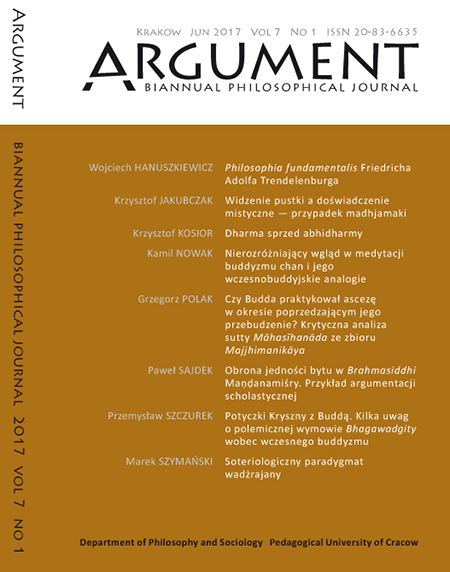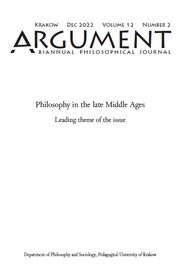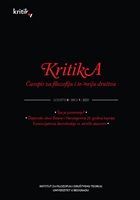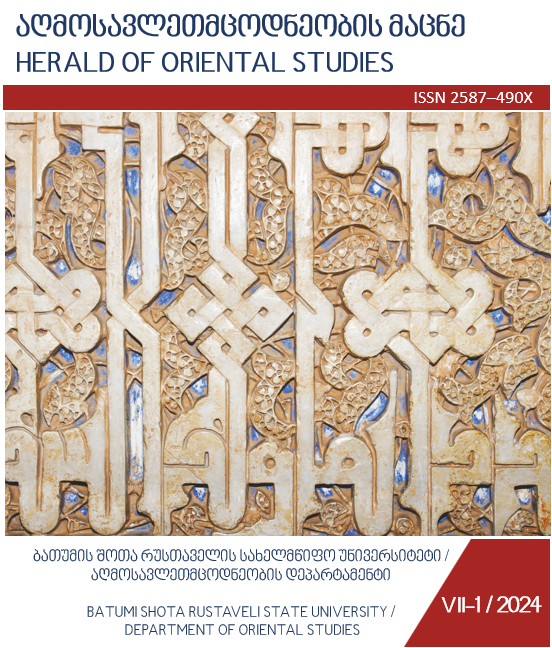
O scriere budhistă fundamentală: Vasubandhu, VIMSIKAKARIKA cu VRTTI ( Tratatul în 20 de versete, cu Comentariul său)
Vijñaptimatratasiddhi is one of the major works of Vasubandhu, the founder of Vijñanavada school of Mahayana buddhism. The text was put into written around the IV-th century, A.D. and consists of two treatises: Vimsikakarika (The Treatise in 20 Verses) and Trimsikakarika (The Treatise in 30 Verses). The Treatise in 20 Verses is an apologetical text, dealing mostly with the objections that could be raised against the idealist ontolgy promotted by it and which are refuted in the text, while The Treatise in 30 Verses represents an exposition of the idealist doctrine itself. Throughout the The Treatise in 20 Verses, Vasubandhu offers idealist interpretations to situations that seem to involve the existence of some external, objective entities. All such situations are dealt with in terms pertaining only to consciousness and representation. The work is written as a dialogue between Vasubandhu and a virtual opponent, supporting the realistic philosophy. The realist system of philosophy considered by Vasubandhu is the atomist school, Vaisesika, very influential in India, during that age. This wide recognition enjoyed by Vaisesika explains Vasubandhu’s particular interest in rejecting the atomist theory. Although the work is mostly polemic, sporadically, Vasubandhu also exposes his own idealist theories, as alternatives to the refuted realist interpretations. The very brief Treatise in 20 Verses was commented by Vasubandhu himself, at large, in the work Vimsikakarikavrtti. The translation of the commentary is given along with the translation of the verses.
More...
